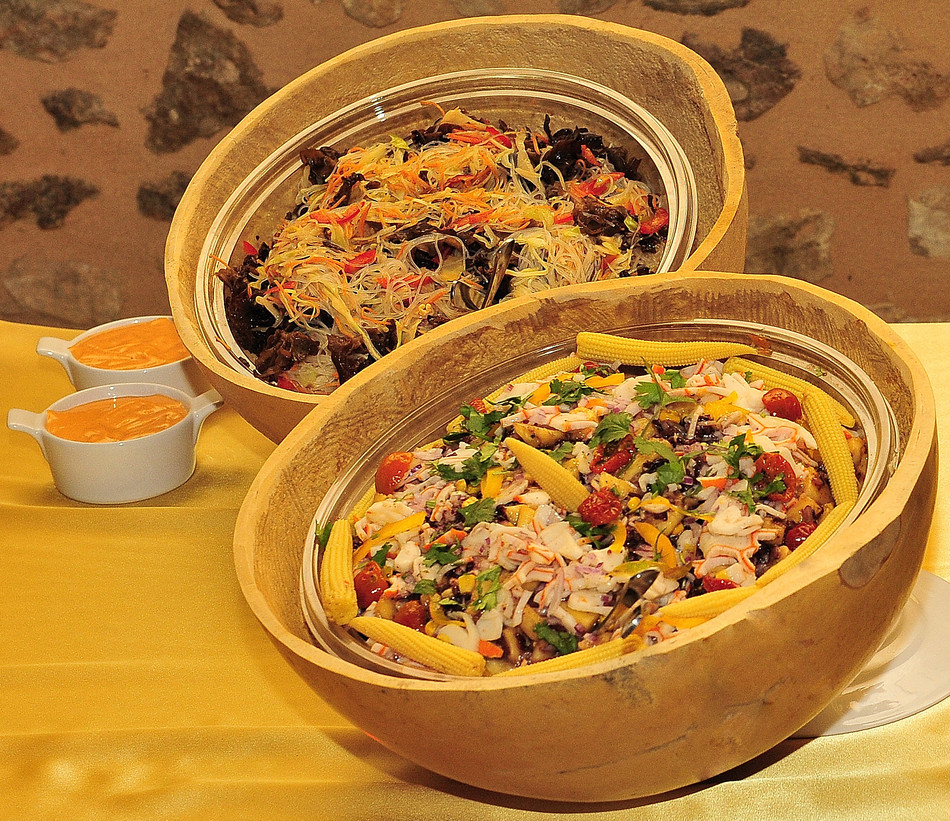Life within the Colonial era was completely different your as we know it today, and your meals are a prime demonstration of how important things have changed. The Colonial people was without convenience foods like jello powder to produce jello recipes. Their desserts were created from scratch.

They used their woodcutting knife for cutting their meat and vegetables. Cooking was a slow process there were no food markets to produce life easier. Butter and cheese were homemade. Corn was popular within the Colonial era, as were vegetables and fruit.
People living near to the sea would enjoy seafood for example lobsters and clams. Beverages included beer, milk, apple cider, and pear cider. Recipes helped as “receipts” and rosewater, coconut, molasses, caraway seeds, lemon, and almonds featured in a number of baked recipes. They would dry spices at the fire and after that powder them, to use in AfroCaribean Cuisine recipes.
That is obviously completely different to the life we know today. For us, you can actually head as a result of the store and get convenience foods and readymade meals. In the event you compare our diet to the Colonial diet however, you will notice that most of their recipes were a whole lot healthier than modern favorites.
Recipe for Brown Sugar Cookies
What will you need:
1/2 teaspoon soda
1/2 teaspoon salt
1 cup brown sugar
2 cups all purpose flour
1 cup shortening
2 teaspoons baking powder
1/2 teaspoon ground nutmeg
1/2 cup sour cream
3/4 cup raisins
3/4 cup chopped nuts
1 egg
Steps to make them:
Preheat the oven to 325 degrees F. Mix the sugar, shortening, egg, salt and nutmeg, atart exercising . the sour cream, baking powder, soda and flour. Stir the mix well. Add some raisins and nuts and drop the mix, a spoonful at a time, to a greased baking sheet. Bake the brown sugar cookies for approximately fourteen minutes and cool them on the wire rack.
More information about AfroCaribean Cuisine check out this webpage: learn here

